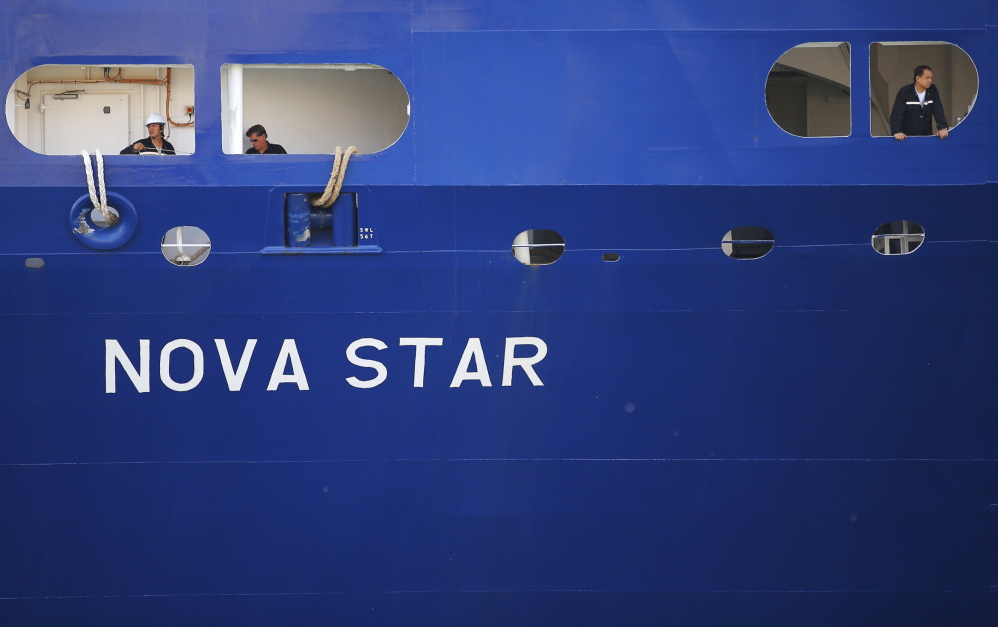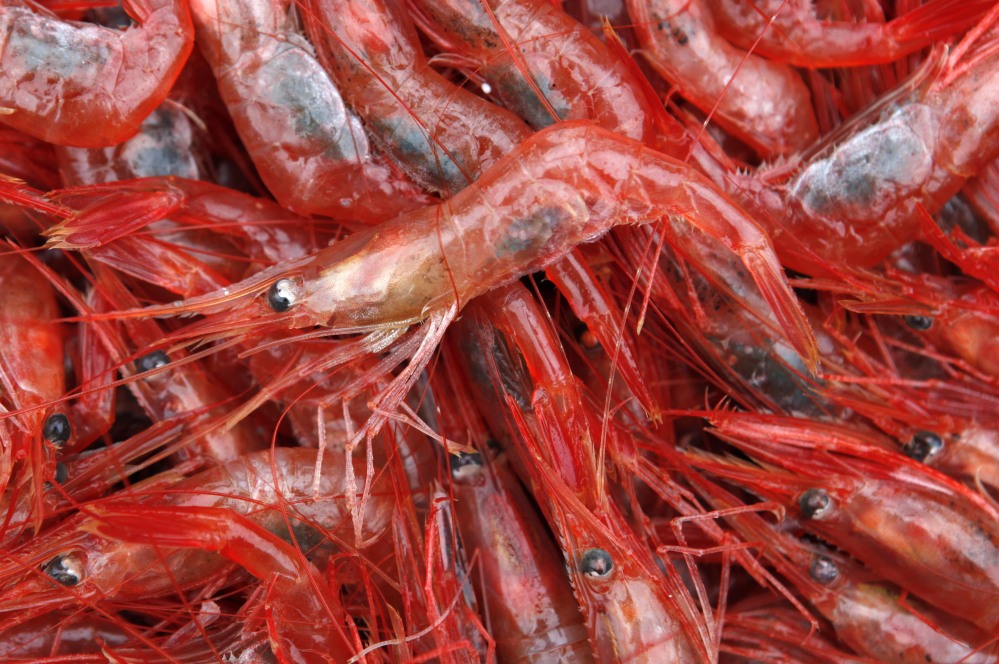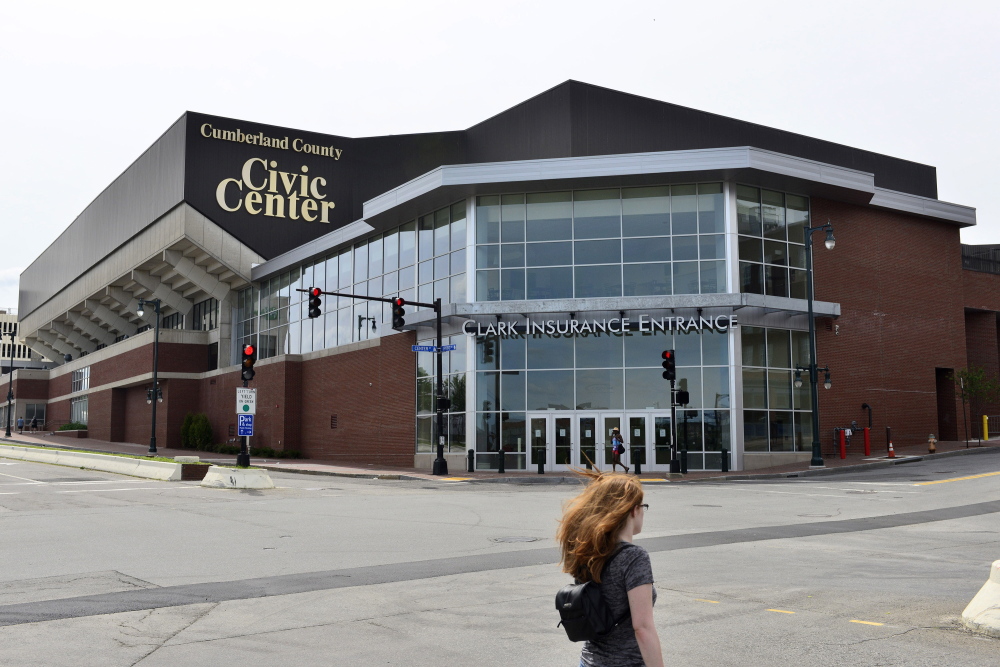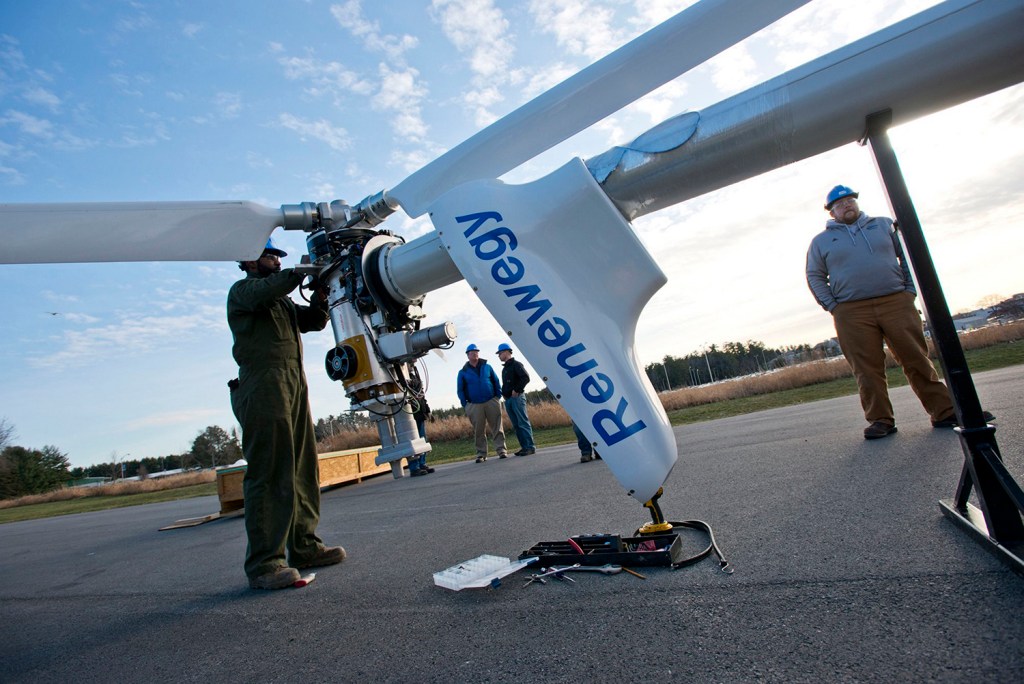The year 2014 had a lot going for it.
Unemployment started the year at 6.2 percent and dropped to 5.7 percent by November. Housing sales increased 8.7 percent over 2013 activity through November although prices remained flat at a statewide average of $175,000. Sales taxes were running an average of 3 percent higher through October compared with 2013 numbers.
And drastically lower gasoline and oil prices in the fall brought many a smile to consumers’ faces. They also provided a foundation for the state controller’s office to see better times ahead. “The breadth of the growth is a clear indication that falling energy prices are providing a boost to Maine households. Since October the decline in energy prices has accelerated and is now freeing up an estimated $550 in annual spending for non-energy related goods and services,” it reported.
The building trades were happy when $105 million in bond money was finally released in June, sparking construction around the state. The measure also triggered a repayment of about $184 million owed to Maine hospitals in a deal tied to a new wholesale liquor contract for the state.
Looking back, here are our picks for the top Maine business stories of the year:
NATURAL GAS

No statewide economic issue received more attention over the past year than the expansion of access to natural gas in Maine. The high cost of natural gas in the state plagued energy-intensive businesses including the Verso paper mill in Bucksport, where owners cited high energy costs as one reason for its closure. The Maine Public Utilities Commission mulled over the question of whether electricity customers should be charged up to $1.5 billion to help subsidize the cost of expanding natural gas pipelines in New England, but it did not reach a decision. Supporters said the expansion would help stabilize energy prices by easing a bottleneck in the supply system on cold days. Opponents said the benefits would not justify a $75 million annual subsidy that could run up to 20 years. Meanwhile, Summit Natural Gas of Maine fell behind schedule on its ambitious plan to spend $350 million within five years to connect 15,000 homes and businesses in the Kennebec Valley with natural gas.
FAIRPOINT

A protracted stalemate in contract negotiations between FairPoint Communications management and two unions representing roughly 1,800 workers in northern New England prompted those workers to walk off the job on Oct. 16. Employees belonging to the International Brotherhood of Electrical Workers and the Communications Workers of America, including about 800 in Maine, continued to strike for the remainder of the year while FairPoint customer complaints about service outages and other problems piled up. The company, which has said it needs $700 million in concessions from workers to stay competitive in the telecommunications industry, declared an impasse in August and imposed a contract that freezes the pension plan, requires workers to contribute to health care costs and eliminates retirement health benefits for current workers. As the new year approached, both sides refused to budge.
FISHING CLOSURES

Maine’s fishing industry began the year with a one-season ban on shrimping in the Gulf of Maine, imposed by the Atlantic States Marine Fisheries Commission following a harvest that was the smallest since the previous fishery shutdown in 1978. Meanwhile, the state government and Native American tribes continued to fight over rights to Maine’s lucrative elver fishery amid a regulatory crackdown on poaching and overfishing. The Legislature passed a law forcing the tribes to follow state fishing limits, and federal regulators imposed a new quota system for elver fishing. In October, regulators implemented emergency measures that effectively shut down commercial cod fishing in the Gulf of Maine, after scientists tracking the species said its population had fallen to the lowest level in the 40 years they’ve been measuring it.
MARKET BASKET

For two months this summer, everyone was watching incredulously as workers at Market Basket supermarkets encouraged shoppers to boycott their stores until their beloved and ousted leader, Arthur T. Demoulas, was reinstated. Demoulas had been given the boot in June after his cousin gained control of the board of directors for the family-owned grocery chain and fired him. Outraged workers at the chain’s 73 stores, including one in Biddeford, rallied to Demoulas’ defense and asked shoppers to stop patronizing their stores. And they did – so much so that the company lost tens of millions of dollars during the boycott’s duration. It ended in late August, when rival factions agreed to sell a majority share of the company to Demoulas and reinstate him as president and CEO. On Dec. 12, Demoulas completed his majority purchase of the company and showed his appreciation to a legion of loyal workers by distributing $49 million in bonus checks.
DOWNTOWN LODGING

An explosion of hotel development in Portland promised to increase the downtown supply of hotel rooms by about 50 percent based on projects either completed or underway. In all, the opening of the Hyatt Place hotel, the Courtyard by Marriott and the Westin Portland Harborview Hotel added nearly 344 hotel rooms to the city, and an unfinished project, The Press Hotel, is expected to add 110 additional rooms. The 123-room Hyatt Place opened in late spring at Fore and Union streets, as did the 131-room Courtyard by Marriott on Commercial Street near the Portland Fish Pier. In December 2013, the former Eastland Park Hotel at Congress and High streets reopened as the completely renovated Westin Portland Harborview Hotel, with nearly 90 additional rooms. The Press Hotel, in the former Press Herald building at 390 Congress St., is scheduled to open April 1.
NOVA STAR

The Nova Star cruise ferry from Portland to Yarmouth, Nova Scotia, made its maiden voyage on May 15, but its inaugural season was plagued by low passenger counts, high operating costs and regulatory hurdles. The ferry, which has capacity for 1,215 passengers, carried an average of 101 passengers per trip during its first two weeks of service. Nova Star Cruises attributed the slow start to its inability to market the ferry service or sell tickets until late March, when it obtained a required federal permit. The company also missed deadlines to win business with major bus tour companies, which typically book their tours a year in advance. It finished the season in October with a total passenger count of 59,000, far less than the 100,000 passengers its operator had predicted. The Nova Scotia government was forced to give the ferry operator $4.4 million in October, on top of the $19 million it already had given the company, so it could pay overdue bills. It’s uncertain whether the Nova Star will return this spring.
PAPER MILLS

Maine’s pulp and paper industries suffered a number of serious blows in 2014, bookended by the closure of the Great Northern Paper mill in East Millinocket in January and the closure of Verso Paper’s mill in Bucksport in December. An estimated 700 Mainers lost their jobs in those two closures. Two new paper companies also entered Maine’s lexicon during 2014. The Old Town pulp mill teetered on the edge of extinction until Expera Specialty Solutions, a Wisconsin company, bought the mill in early December and put nearly 200 people back to work. And Catalyst Paper Corp. will become the newest player in Maine’s paper industry when it acquires the Rumford mill from NewPage, part of a divestiture that will allow NewPage to merge with Verso to create the largest producer of coated paper on the continent.
OFFSHORE WIND

Hopes of creating a deep-water wind power industry in Maine were stifled in May, when the state’s $120 million pilot project for two floating, 6-megawatt wind turbines off Monhegan Island failed to win a highly competitive $47 million federal grant. The U.S. Department of Energy said that the Maine Aqua Ventus project was passed over for the full grant and would instead receive just $3 million for continued engineering and become an alternate for a second round of full funding, putting the project’s future in jeopardy. The previous October, Norwegian energy giant Statoil had backed out of a proposal to build the wind farm after the state opened up the project to competitive bidding. The Aqua Ventus project ultimately was awarded to the University of Maine, and Statoil went on to develop a $2.5 billion offshore wind farm in the United Kingdom. The issue of whether Maine officials had squandered a major economic-development opportunity became fodder for political debate in the run-up to the November elections.
CROSS INSURANCE ARENA

A $35 million renovation of the former Cumberland County Civic Center was completed in February, and four months later, Cross Insurance bought the naming rights to the newly refurbished facility for $2.5 million. Also in February, trustees and representatives of the Portland Pirates hockey franchise, including new CEO Ron Cain, agreed to a new five-year lease. The deal brought the hockey club back to its home ice, which it had left while the 15-month renovations were underway. At year’s end, trustees of the Cross Insurance Arena were hammering out the final details on a contract with Global Spectrum to manage the facility, the first time a private company has been hired for that purpose since the facility opened in 1977.
MAINE STARTUP AND CREATE WEEK

Call 2014 the year of the entrepreneur. Maine has long been a small-business state, but an energetic surge of excitement in innovation and entrepreneurship coalesced around a new event, the Maine Startup and Create Week. A group of grassroots organizers pulled together the first of what is expected to become an annual week-long celebration of Maine innovators and entrepreneurs. Held in June, Maine Startup and Create Week attracted more than 3,000 people who participated in at least one of 44 events spread over eight days. The dates for the 2015 event have already been booked and registrations started.
Send questions/comments to the editors.











Success. Please wait for the page to reload. If the page does not reload within 5 seconds, please refresh the page.
Enter your email and password to access comments.
Hi, to comment on stories you must . This profile is in addition to your subscription and website login.
Already have a commenting profile? .
Invalid username/password.
Please check your email to confirm and complete your registration.
Only subscribers are eligible to post comments. Please subscribe or login first for digital access. Here’s why.
Use the form below to reset your password. When you've submitted your account email, we will send an email with a reset code.